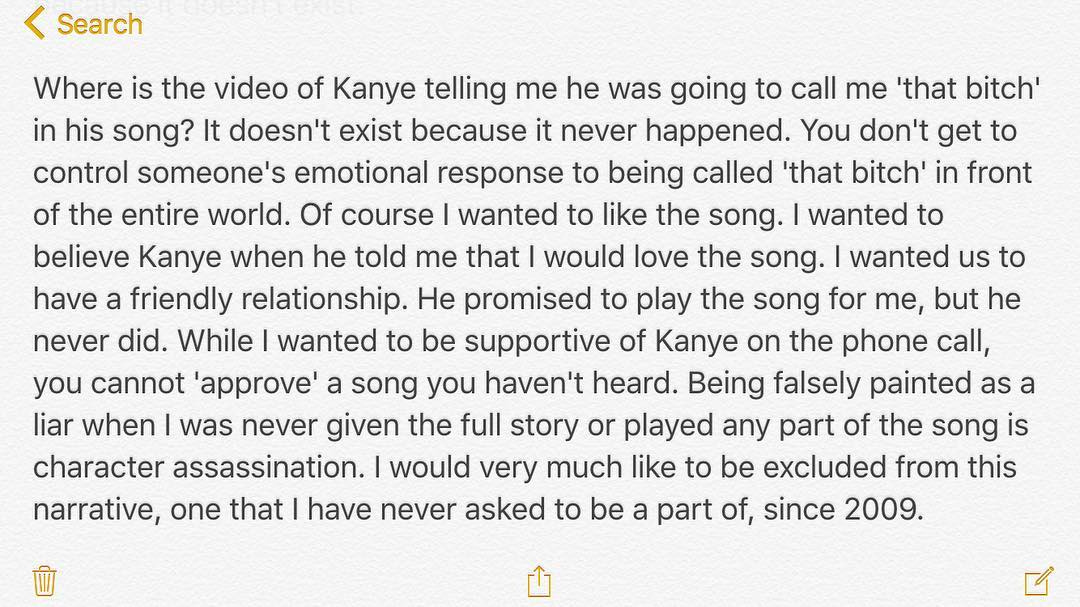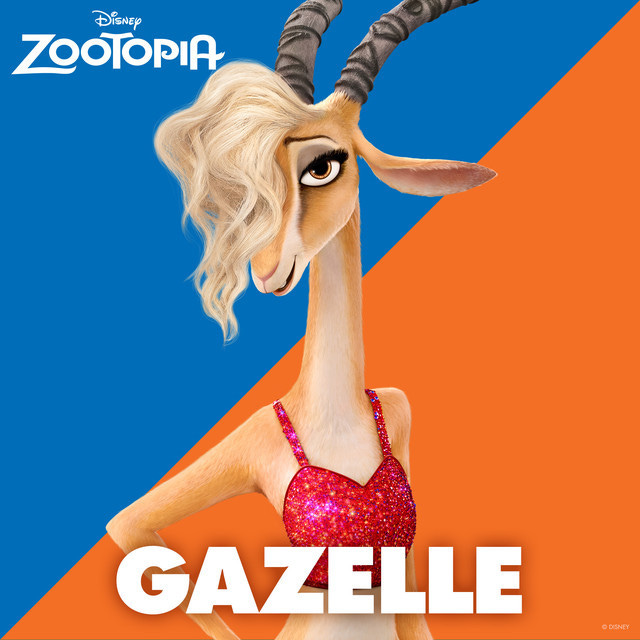As a terribly anxious person, the desire to control one’s narrative is a feeling I understand deeply. Pointedly concerned with how I am being perceived, I’m always asking my friends what they’ve heard about me—especially when gripped in the throes of a wicked hangover. While my less-than-famous profile means that the stakes of any social faux pas are relatively low, it also leaves fewer tools at my disposal to reclaim my story. Over the past week or so, we have seen persons of varying visibility reach into this toolbox and see what they could do about public perceptions of their character.

Act I: The Performance Artist
Last week, Colombian recording artist and Zootopia star Shakira reported being attacked and robbed in Barcelona. However, this was not your traditional celebrity shakedown (à la Kim Kardashian in Paris), rather, the assailants were two wild boars. You read that correctly: wild boars. According to the BBC:
“Shakira is the latest victim of the increasingly aggressive hogs which have invaded the Catalan capital in recent years. In 2016, Spanish police received 1,187 phone calls about wild hogs attacking dogs, plundering cat-feeders, holding up traffic and running into cars in the city.”
In the following days, a major story would come out about the “Pandora Papers”: millions of leaked financial documents that exposed a “shadow economy” of offshore accounts, tax havens, and shell companies designed to benefit the wealthy. Among the hundreds of politicians, public officials, and known criminals named in the Papers was a certain “She Wolf” singer.
It turns out that, while her hips may not lie, Shakira is not above some dishonest financial dealings. Reddit threads indicate she and her husband—footballer Gerard Piqué—are regularly named in these types of tax evasion exposes. Nevertheless, if you Google “Shakira” today, the first page of results will show no mention of the Pandora Papers, eschewed in favor of coverage of her zoological battery.
Now, am I insinuating that Shakira orchestrated a wild boar attack to preempt negative media coverage that she was coming? Kind of, but when I spell it out like that I’ll admit it seems a bit too far fetched to be true. But at the very least, her publicist must be working overtime to keep it at the top of the news cycle! When a story as outlandish as this breaks, it’s important to consider what the subject may be wanting to detract attention from: for example, many people speculate that Nicki Minaj’s internet-breaking anti-vax comments about her cousin’s friend’s swollen testicles may have been conceived to draw scrutiny away from her harassment of a woman her husband sexually assaulted.

All I know for sure is that stars understand how to leverage their celebrity better than we can understand. In a slightly more feminist example, pop provocateur Grimes (subject of last week’s D’s List) used the press surrounding her recent “semi-breakup” with Elon Musk to do a bit of image rehab. She was spotted by paparazzi in full LOTR cosplay, walking the streets nose deep in Karl Marx’s Communist Manifesto. It’s funny and self-aware in classic Grimes fashion (see her IG caption below) and a canny moment in separating herself from her ex-partner’s controversies and (coincidentally) finances—reclaiming her narrative.
Act II: The Litigator
Twitter was lit aflame earlier this week when The New York Times Magazine released a longform piece “Who Is The Bad Art Friend?” It is, in the immortal words of A’Ziah “Zola” King, “kind of long, but full of suspense.” The article investigates the fallout between two writers: Dawn Dorland, a white woman who loves kidney donation almost as much as public acclamation; and Sonya Larson, a Chinese-American author who is slightly more well-connected and successful than Dawn, and just might have used Dawn’s life as inspiration for her latest story. It’s a tangle of writerly dynamics, racial identity, alleged plagiarism, and two people who clearly perceived their “friendship” differently—ultimately ending in the courtroom with Dorland suing Larson for thousands of dollars.
Neither of the parties come off particularly well in the piece, which is itself a piece of personal validation as much as the lawsuit. Author Celeste Ng (read Everything I Never Told You!), who plays a supporting role in the article, noted several times on Twitter that Dawn pitched the story to the Times herself. While its true neither of these authors hold the profile of the Performance Artists mentioned above (Larson contends she only made $435 off her story), the act of pitching your story to the Times is a major power play for narrative control; and securing said coverage has proved to be a massive visibility boost for Dorland.
Either in the court of law, or in the court of public opinion, Dorland is determined to clear her name. She undoubtedly hoped the NYT story would justify her in the public eye, with fame a happy side effect (recognition seems to be a clear motivator for her). Anecdotally however, it has had the opposite effect. The thing about being a Litigator is it demands there be a winner and a loser—a choice you must be careful about forcing.
Act III: The Greatest of All Time
The best, most necessary piece of self-mythologizing that I encountered this week was New York Magazine’s cover story on Simone Biles. When Biles withdrew from the Tokyo Olympics this summer, there was much criticism of her decision—was she a quitter, a sore loser, or just plain washed up? This article doesn’t entertain such derision, giving Biles the opportunity to tell her story in her own words on her own timeline. Where she is overly modest, the author fills in the gaps with the technical details and historical context that make her extraordinary.


This story illuminates the complexities and intersectionalities that “Bad Art Friend” could only grasp at. Biles is a young Black woman, a world-class athlete, and a survivor of sexual abuse. Each of these characteristics impacted her 2021 Olympics experience and the connections between them are delicately (but deliberately) examined throughout the interview.
“As a Black woman, we just have to be greater,” Biles says simply, echoing what many a Black female great has said before her. “Because even when we break records and stuff, they almost dim it down, as if it’s just normal.”
From Tokyo to the US Senate floor, Simone Biles is generous with her story (as with her physical abilities) to a society intent on minimizing her pain. In doing so, she elegantly refutes the misguided belief that we only have to listen to athletes when they’re winning. Simone Biles doesn’t owe anyone an explanation, but we can learn so much from the one that she gave anyway—and that’s why she’s one of the greats.
Interesting further reading: Buying Myself Back by Emily Ratajkowski
Be Well,
Derek




